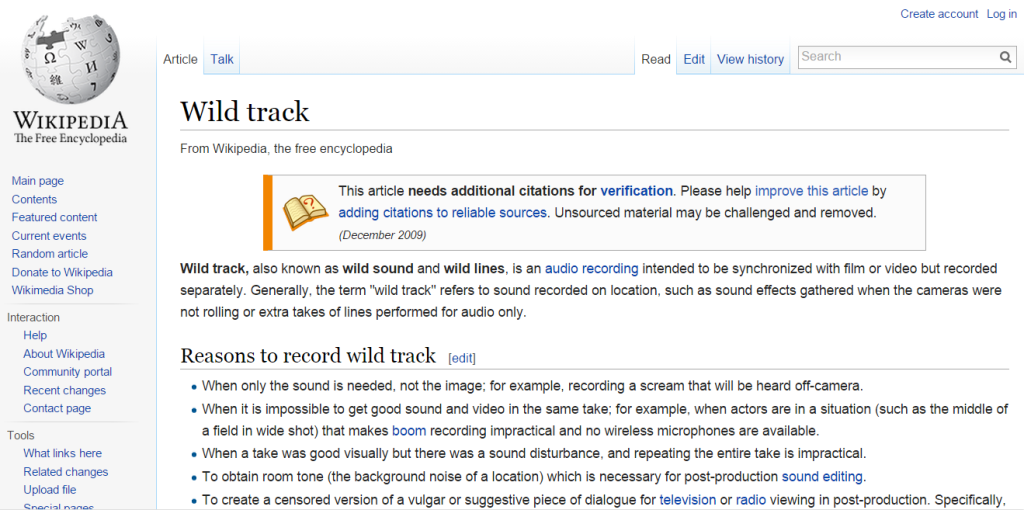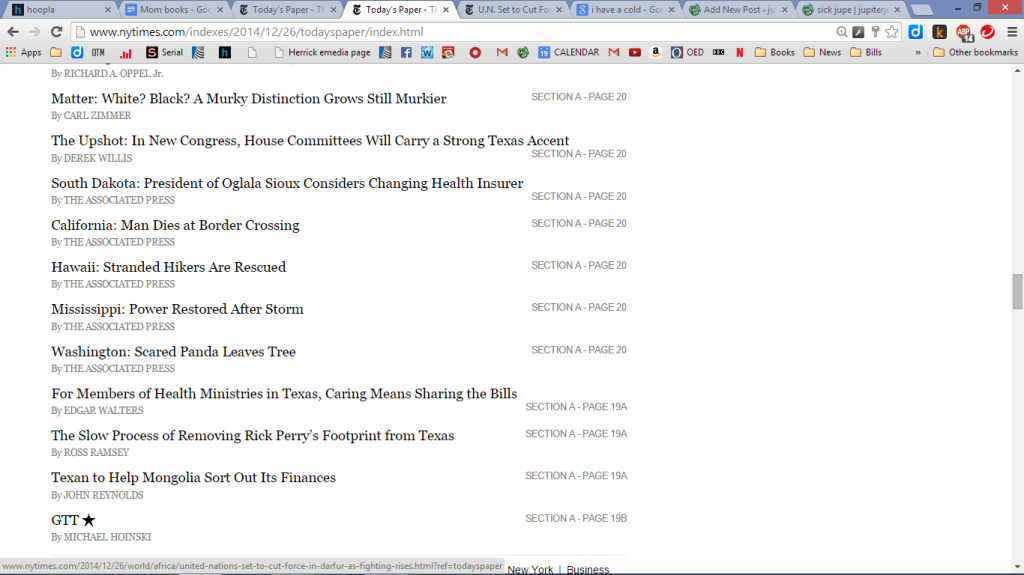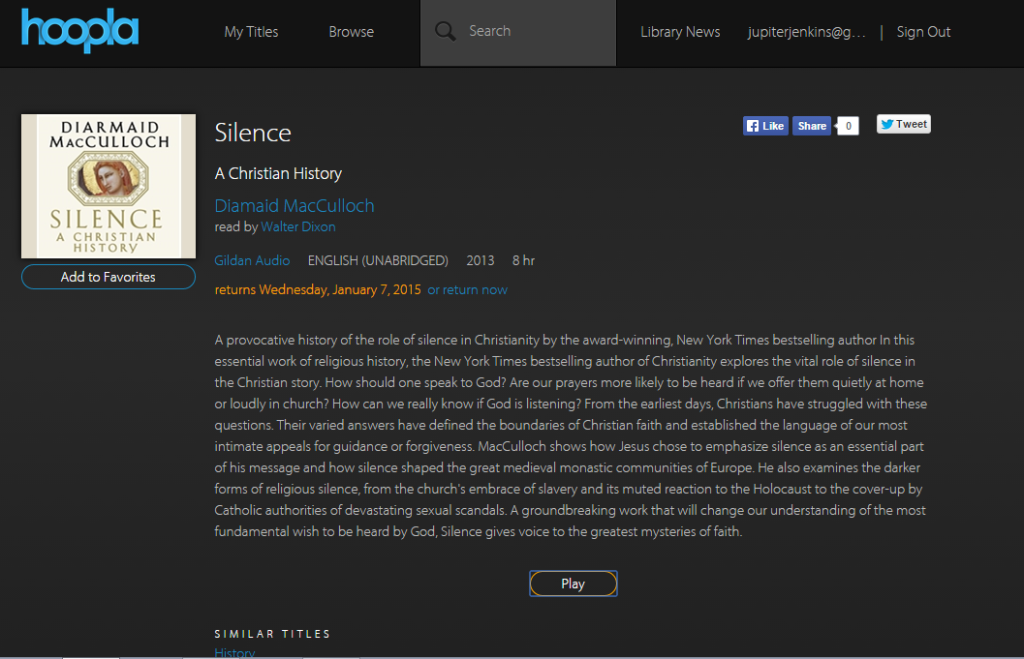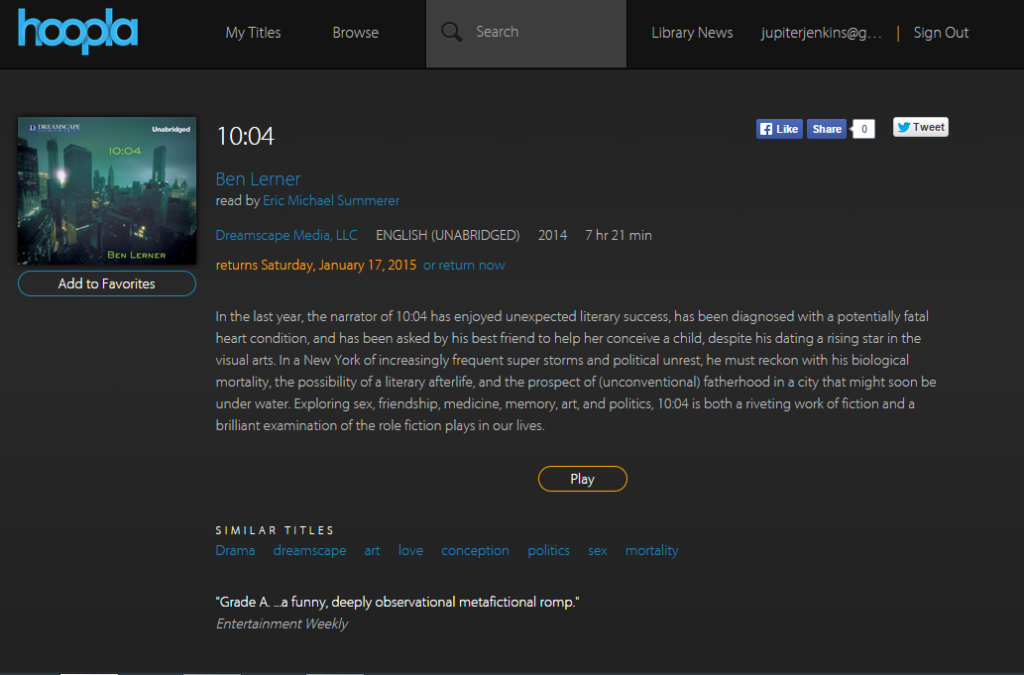
I am working from the large laptop this morning. My smaller laptop which I prefer has started humming louder and louder. I fear its imminent demise. This will be inconvenient for a number of reasons. I have software installed on it that I rely on (Finale, RiteSong). It also moves quicker than the larger laptop even though both are using the idiotic Windows 8. A lot quicker.
I find myself despising Windows 8 and wondering if it takes so long to do things because it is trying to accommodate touch screen, mouse use, touch pad and keyboard input.

My older laptop has Windows 8, but no touch screen and it moves appreciably quicker.

At any rate I thought I would use this laptop because it may soon be the only one I have.

I was thinking yesterday about how I pour my heart and mind into my improvisations for ballet. I know they aren’t particularly profound. I stick with pretty predictable chord progressions over which I improvise melodies and riffs. I also use a lot of rhythms that I think the dancers will recognize from pop and rock music.
Despite this I find that three a half hours of improvising in this intense way is both exhausting and satisfying.
I am drawn more and more into Bach’s Klavierübung III. This is a book of organ music that Bach wrote mostly based on Lutheran chorales that form an interesting unity. Last year I played through all of them. This year I scheduled two of them for last Sunday based on the chorale, “Christ unser Herr sum Jordan kam.”
Then this week after listening to the video below I was inspired to dig deeper into this piece I have played since grad school.
Also I have had my eye on revitalizing the equally challenging settings of “Jesus Christus, unswer Heiland, der von uns den Zorn Gottes wandt,” BWVs 688 and 689.
I am finding this music to be very attractive to me. I not only practice it on the organ and piano I listen to different recordings on Spotify for the sheer pleasure of it.
I was looking at adding some anthems to the list we are going to learn this winter and spring. On the third Sunday in Lent (March 8 this year) the Old Testament reading is the Ten Commandments.

There are two settings of the Lutheran chorale based on the Ten Commands in Bach’s Klavierübung III.
First I looked at having the choir sing a Bach Chorale arrangement of it, but decided that it might not be one of the more interesting settings. I noticed that the Lutheran Book of Worship doesn’t seem to have this important Lutheran melody and text in it. Maybe because it’s a dog, eh?
At any rate, the Klavierübung organ settings are very attractive to me and I began working on them yesterday.
Man, this laptop loads so slowly I don’t know if it will ever serve as my main laptop. I have consider buying a cheaper used one with Windows 7 or earlier on it.
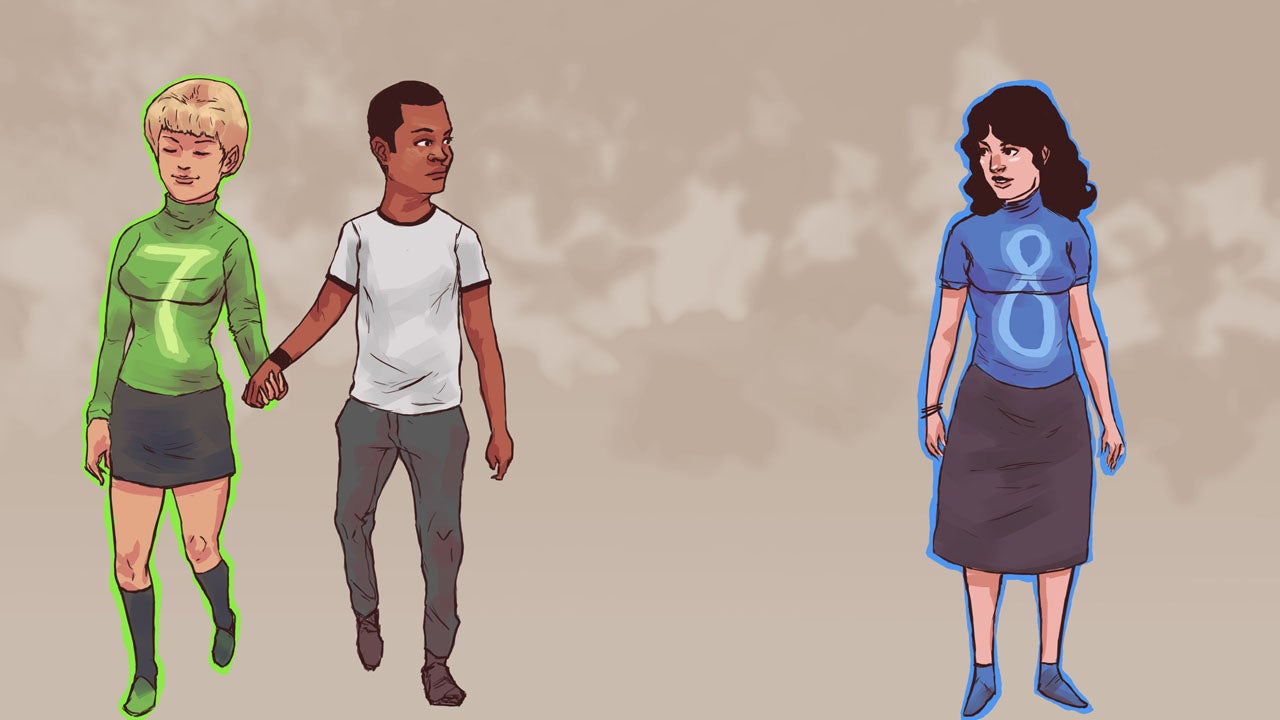
I have also fantasized about purchasing a Mac.

But of course that would be an extravagant purchase with our present income.

Carl N. Degler, Scholarly Champion of the Oppressed in America, Dies at 93 – NYT
This guy sounds like an author I might enjoy reading.
State in India Plans to Help Gay Youth ‘Get Over Same-Sex Feelings’ – NYTimes.c
I think it’s illegal to be gay in India. Madness.
Newspaper in Israel Scrubs Women From a Photo of Paris Unity Rally – NYTimes.com
It is amazing that someone from the paper is quoted as saying that those of us from the outside cannot understand the importance of removing women from photos and that they are not trying to change history or anything. Honest.
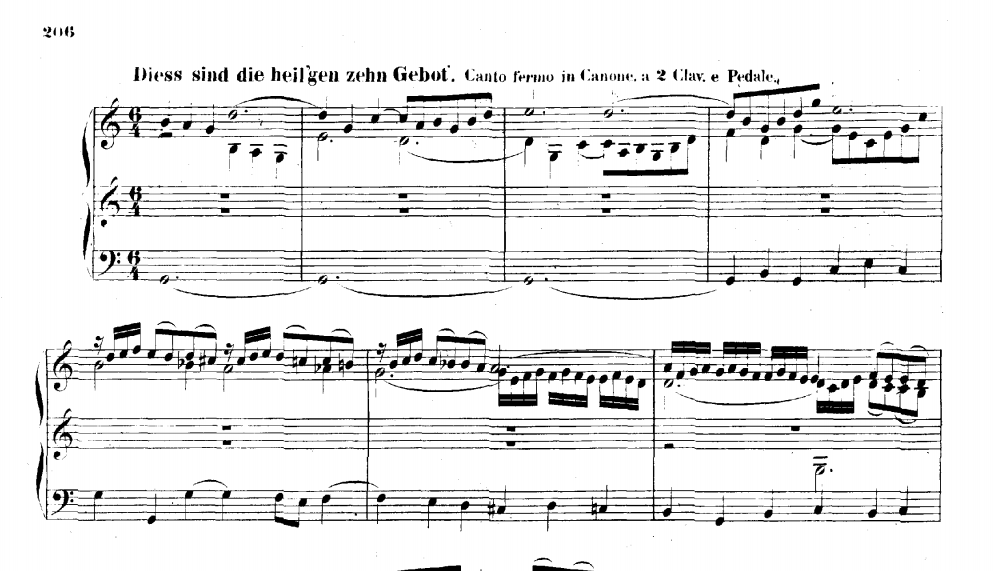
























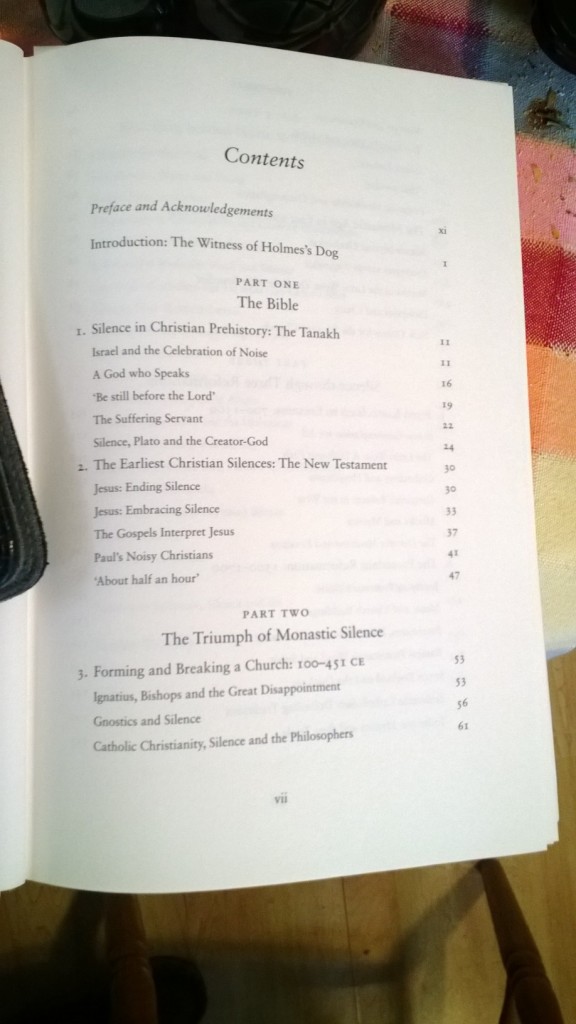











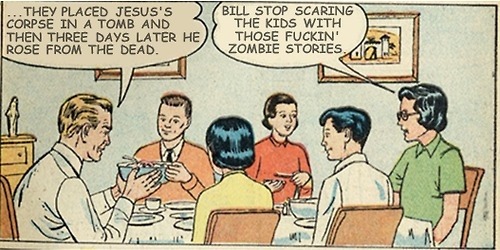

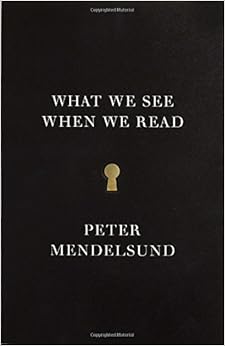


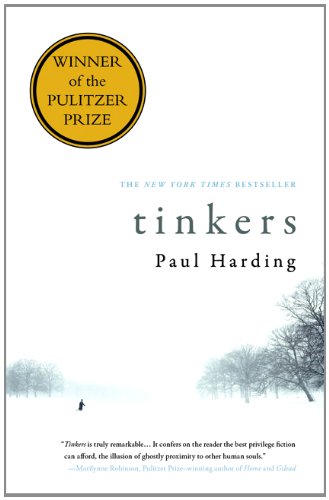
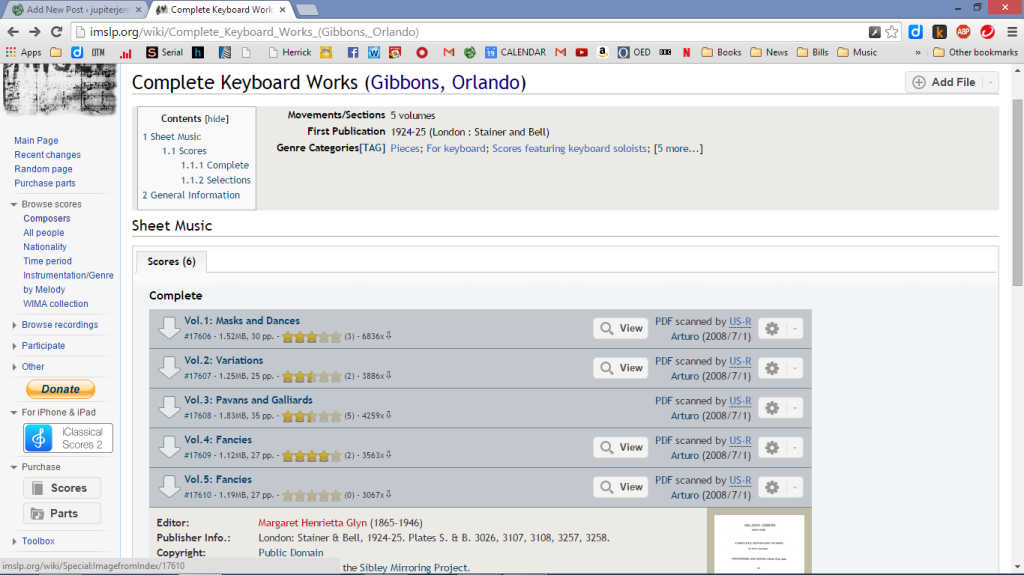
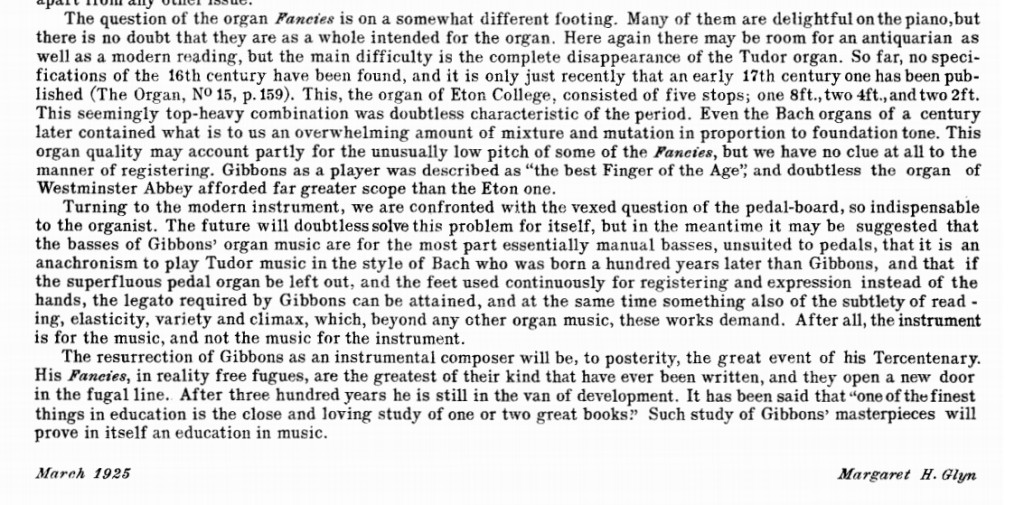
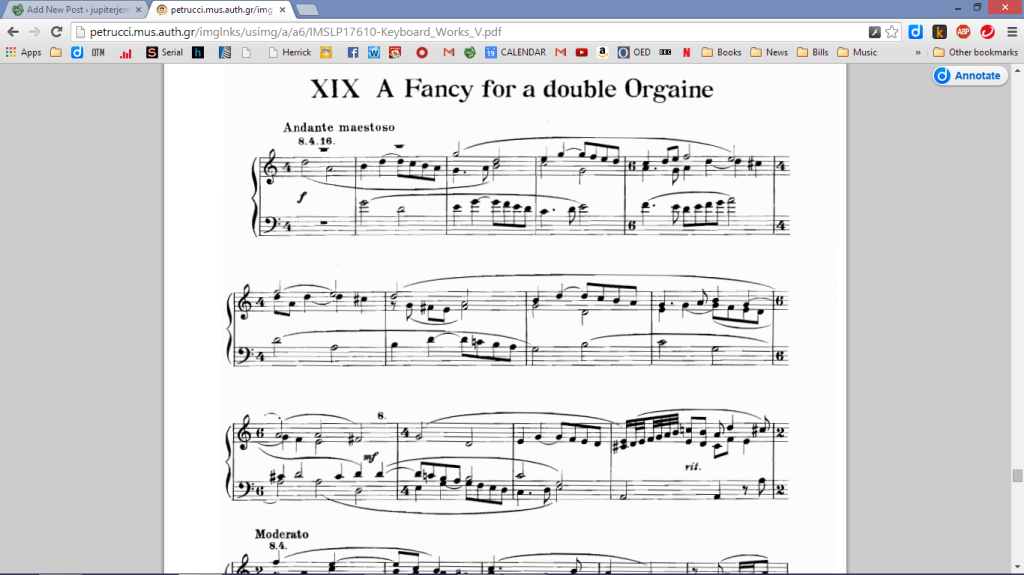
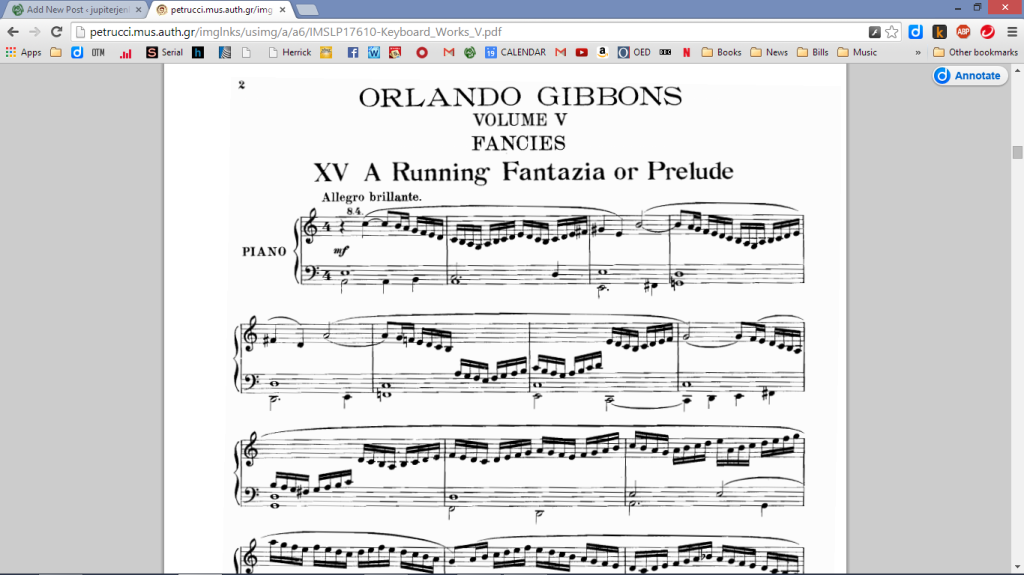






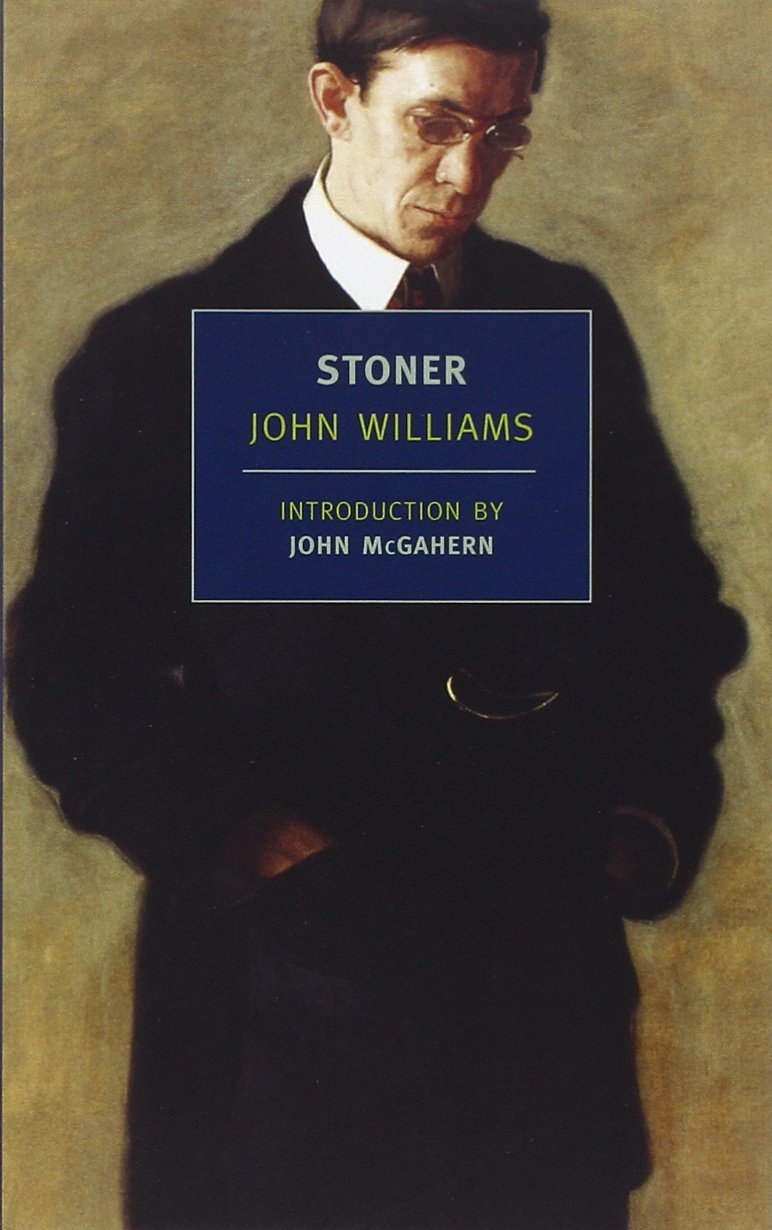



















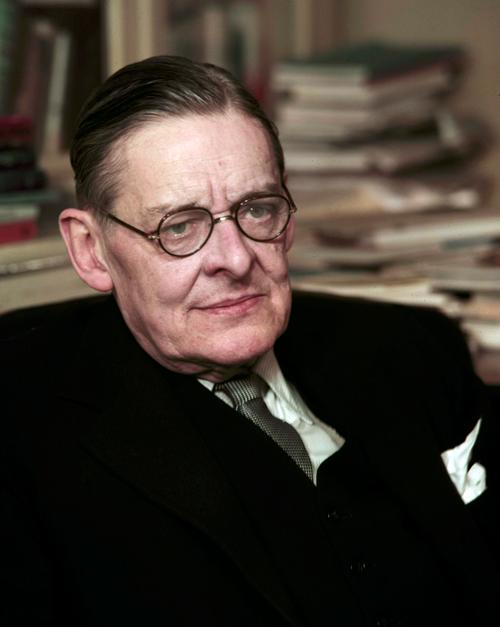







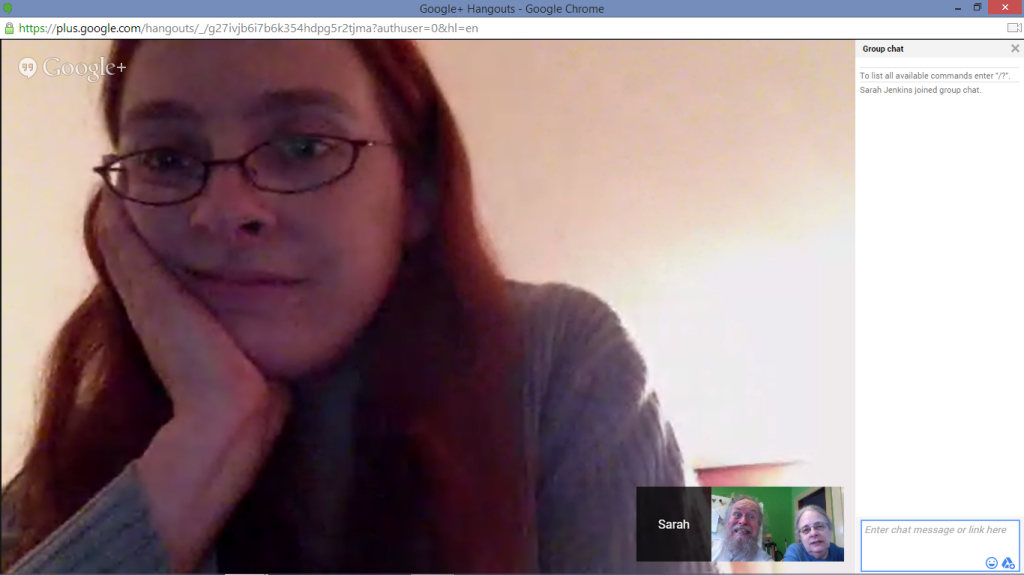

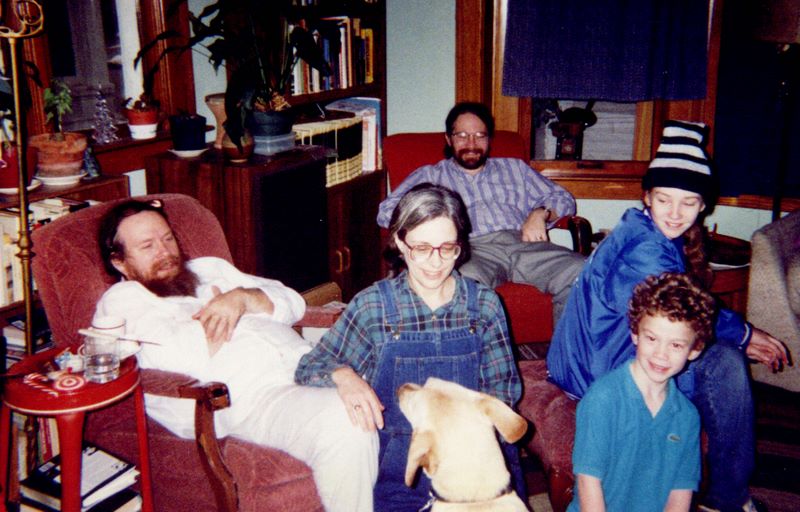
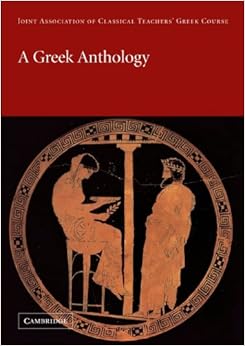






.jpg)






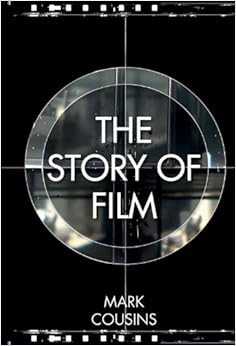
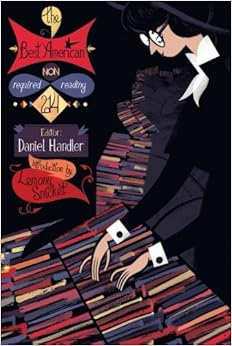





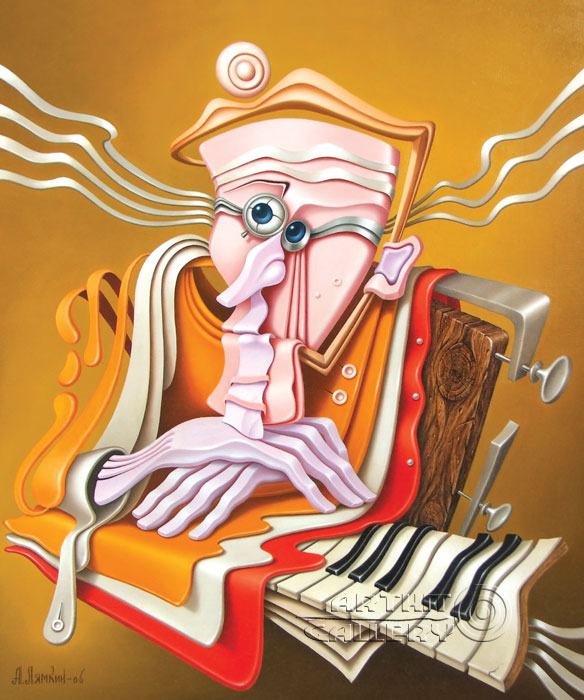









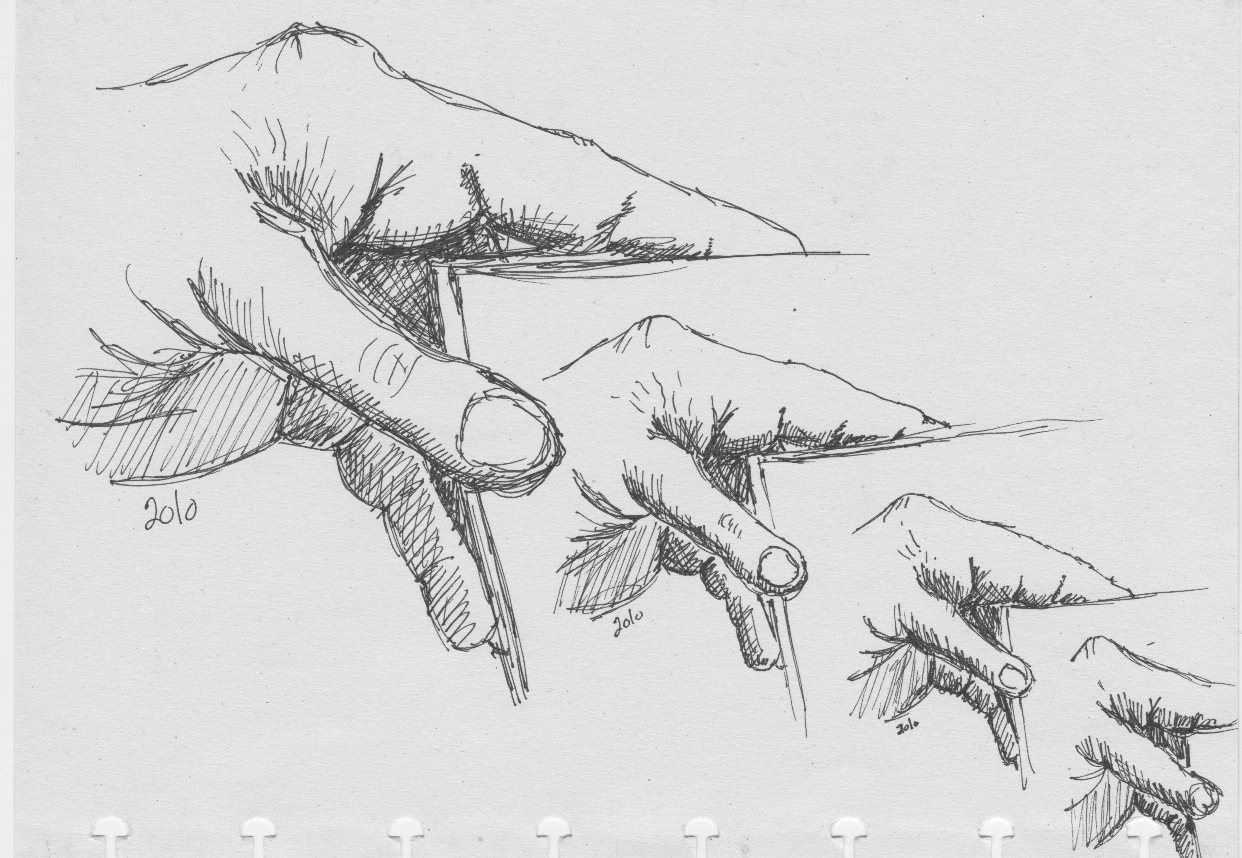.jpeg)

